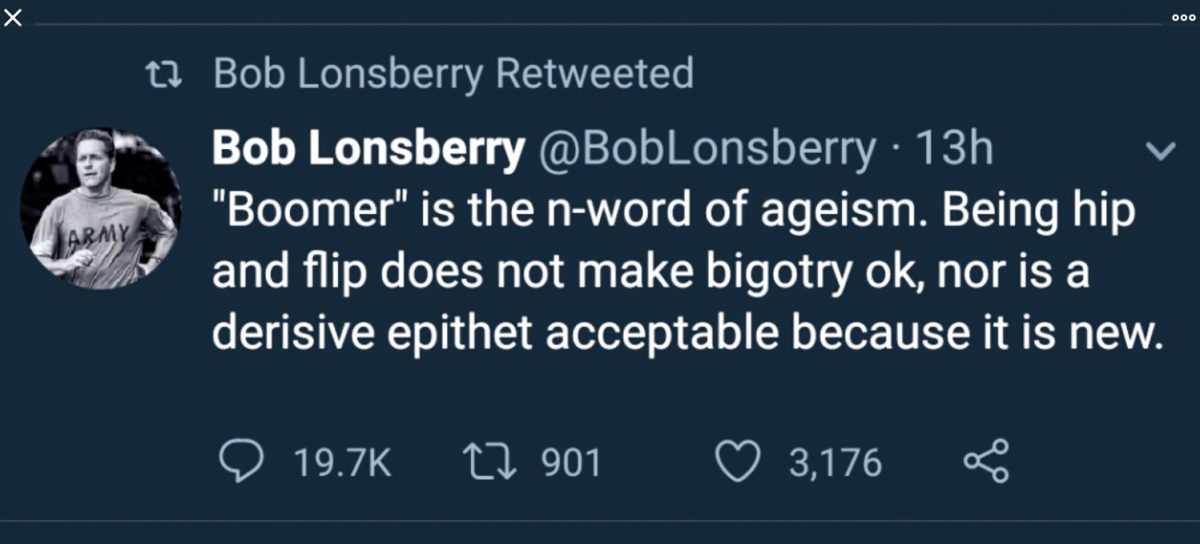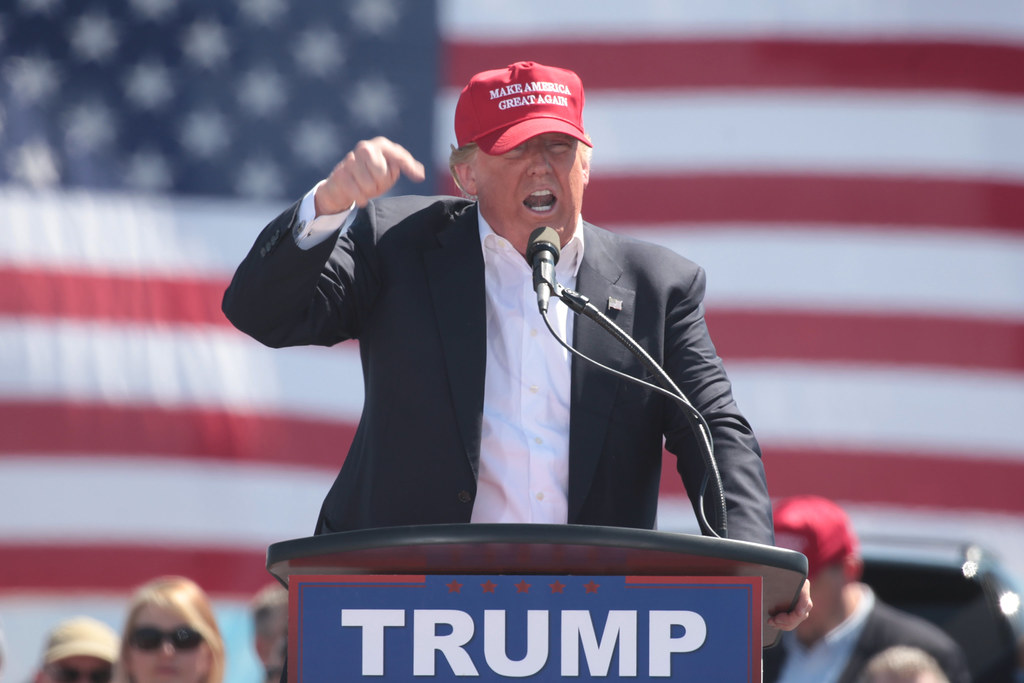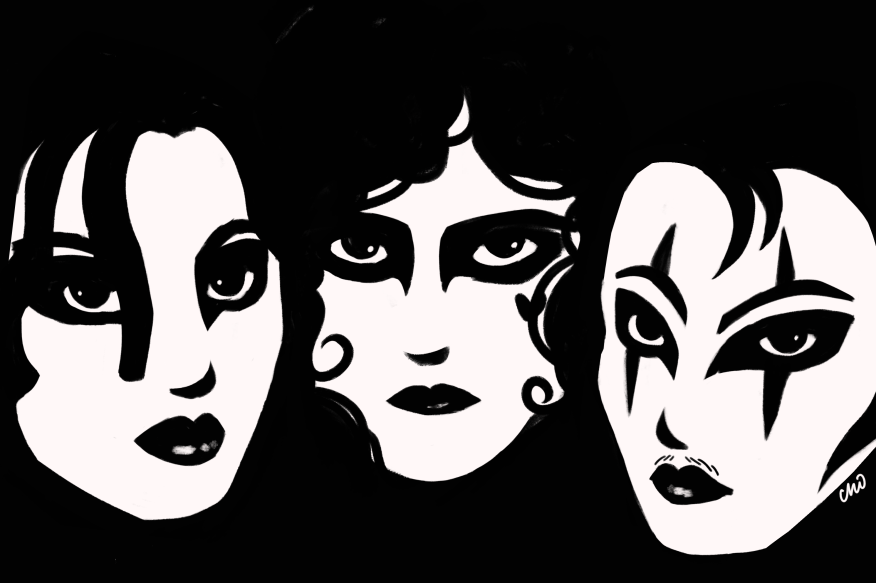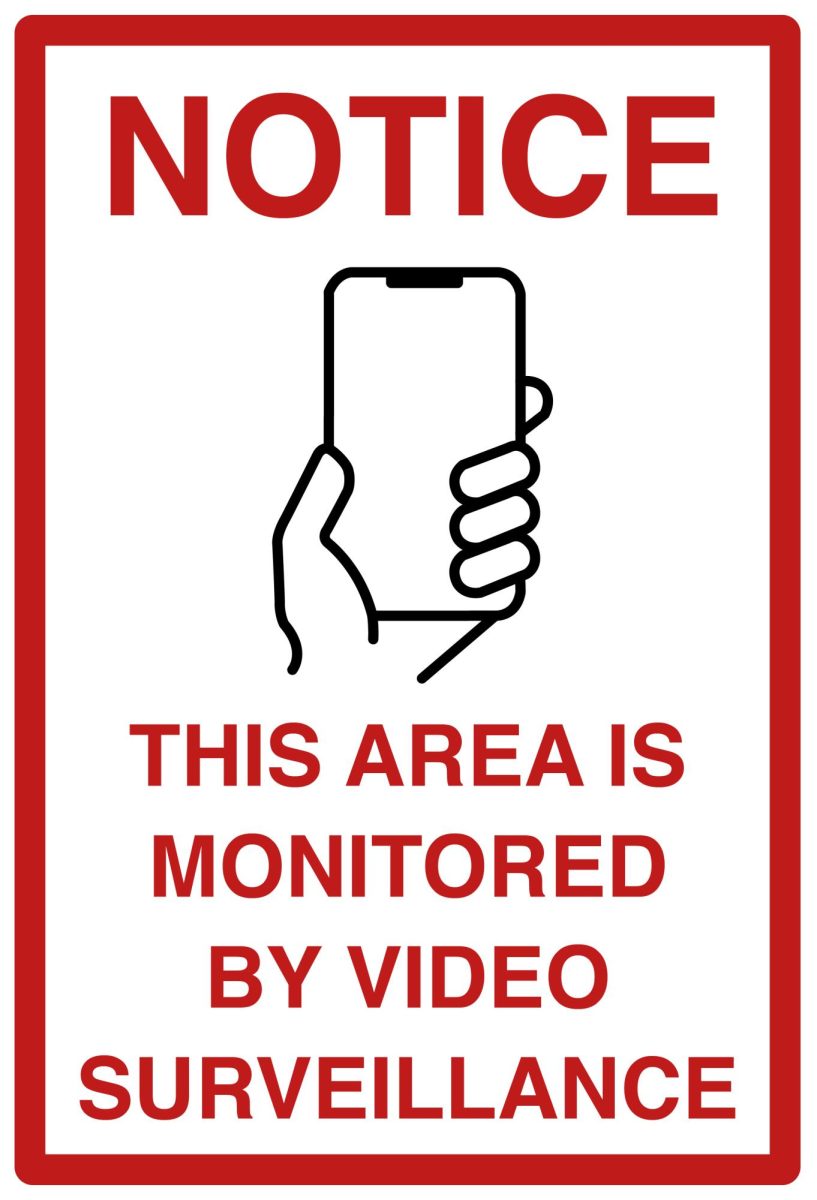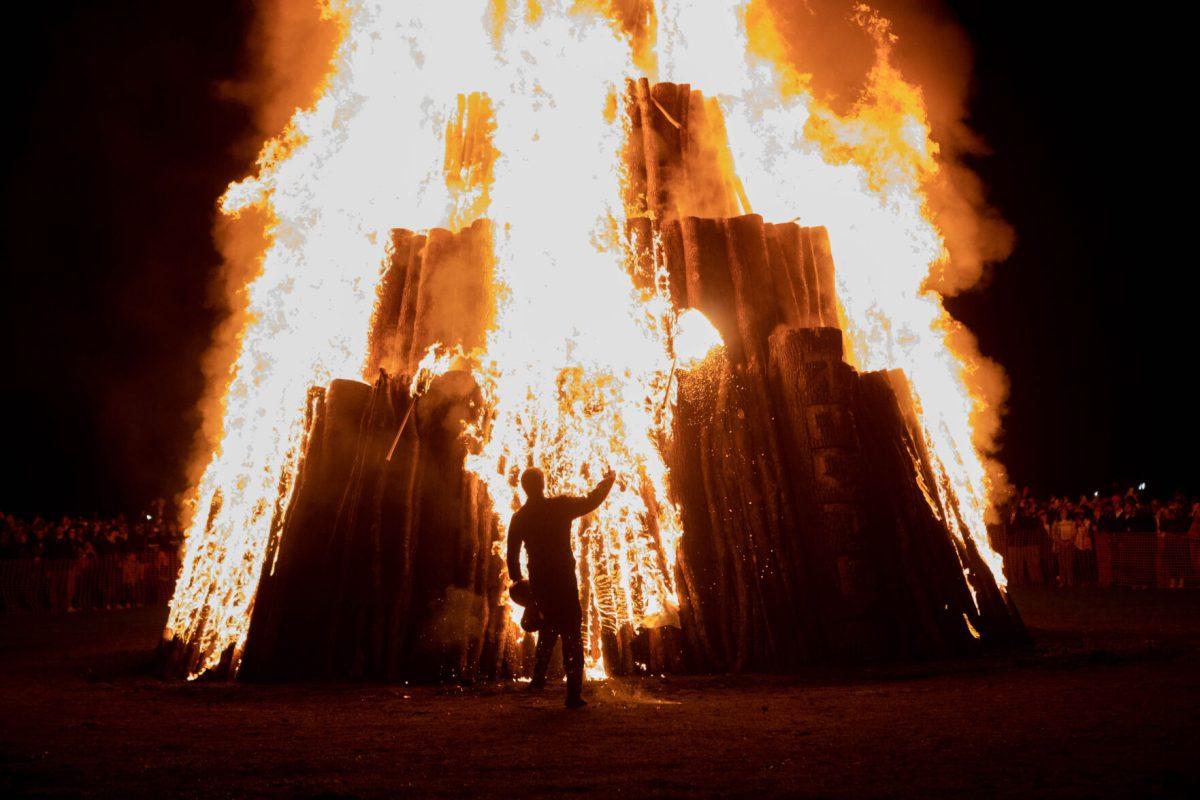The recent popularity of the phrase “ok boomer” has launched a slew of viral meme content, memorable clapbacks and even professional journalists declaring the start of an “all-out generational war.”
As more people caught onto the trend, there arose a wave of criticism, primarily among the so-called “boomers” themselves. They claim the phrase is an ageist slur used to discriminate against older people. Among all of these criticisms, none have gained as much attention as the tweet by Bob Lonsberry above that declares “boomer is the n-word of ageism.”
My first reaction to this was to be highly critical of the absurd nature of such a comparison. Equating an internet meme to a word with such heavy historic weight meant to specifically target a marginalized community seemed almost laughable to me. However, it did cause me to stop and reconsider: is “ok boomer” technically an ageist phrase?
While one could argue that the phrase in itself derogates the very term used to describe an older age bracket of generational Baby Boomers (those born between the 1940s and 1960s), it would be more useful to examine how and when people use such a new phrase. In many instances, you would reply with an “ok boomer” when the person you are addressing states an opinion that is politically, technologically or socially outdated by the standards of younger generations. This means that even those who are not “boomers” by the traditional definition can be called one based solely on their perspectives.
Therefore, the term “boomer” actually represents a broader criticism of conservative and neoliberal ideologies commonly attributed to older generations. It is a denunciation of traditional mindsets, not older individuals themselves. However, if you are still unconvinced, allow me to suggest that even if the phrase is technically “ageist,” it doesn’t mean people need to stop using it.
A big contributor to the meme’s popularity was a viral TikTok video in which an older man accuses Generation Z and Millenials of having “Peter Pan Syndrome,” which causes them to never want to grow up and face reality for what it is. However, reality is looking bleak to many teenagers and young adults going forward. Between facing the alarming threats of global climate change, rampant corporate lobbying and having to enter an increasingly unstable gig economy with mounting student debt rates, the last thing that young people want to be told is that this is as good as it gets and they just have to “try harder.”
To many, the staunchly neoliberal politics and social modes of older generations have led younger people spiraling toward a grim future where unhinged greed and vast income inequality become the new normal. In turn, not unlike any tale as old as time, the political concerns of younger generations are often met with apathy and inaction by older people. It only makes sense then for younger folk to create this blasé joking retort as a signifier that they too can completely refuse to interact with certain ideas.
Not only do younger generations feel that they have been left to clean up a borderline dystopian mess of a situation created by Reaganomic dreamers and corporate democrats, but the power structures that created these circumstances are still in place today.
It is true that Millennials and Gen Z members are highly visible and well represented in the most prominent media sources. However, a look at our governmental institutions, voter turnout and largest stakeholders in the American economy shows us that true power to influence policy is still very much concentrated in the hands of those over the age of 50. When it comes to divisive comedy, modern conversations about who can joke about certain identities (age, race, etc.) are messy to say the least. However, one commonly overlooked consideration for setting these boundaries is the important role of existing power structures and their ability to shape the material conditions of those belonging to specific groups. If comedy is ultimately a form of catharsis, then power imbalances between certain groups of people become an essential determinant for who really gets to laugh at another group’s expense. “ok boomer” could be considered insensitive toward an older age group depending on how and when it is used. However, its very existence is indicative of the larger imbalance of influence between the two groups.
All of this being said, I want to comfort the boomers and Bob Lonsberrys of the world. Yes, despite the massive influence that older generations hold in our offices and economy, institutional ageism does exist, especially when intersecting with class identity. You can see examples of this from employment discrimination to negligent treatment in the healthcare system. As “ok boomer” begins staling as a meme, I hope more young people can continue to put their growing ideological dissonance with the past toward something more than a harmless joke. Doing so, however, will require the acknowledgement that their political goals can work for the “boomers” of the world too.
“Ok boomer:” Harmless joke or ageist slur?
November 19, 2019
Photo by via Twitter @BobLonsberry
The phrase “ok boomer” has become a viral sensation, commonly used by Millenials and members of Generation Z across social media.
0
Donate to The Battalion
Your donation will support the student journalists of Texas A&M University - College Station. Your contribution will allow us to purchase equipment and cover our annual website hosting costs.


